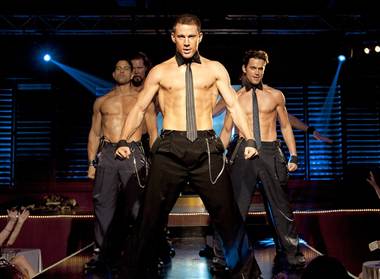
Mud is being marketed as an updated retelling of Huckleberry Finn, but I don’t recall Mark Twain ever expounding the lesson so central to this film: “Boys, bitches will break your heart.” Now, you would probably surmise that a film featuring such a warning would be somewhat less than progressive when it comes to gender, but you would be wrong. Very, very wrong. Jeff Nichols’s coming-of-age tale of a 14-year-old boy assisting a wanted man in his quest to sail away with his one true love would seem to fit in neatly with the spate of recent hero films, featuring helpless women and taciturn men. But Mud subverts this narrative, highlighting the absurdity of the male presumption that his story is, without question, the only story. Mansplaining, it turns out, does not lead to healthy relationships nor happy Hollywood endings—especially not when the explainer in question is Matthew McConaughey.
Although Mud (McConaughey) recites the epic love song of Mud and Juniper (Reese Witherspoon) as though he’s her avenging knight and she’s his innocent queen, the film suggests that he’s leaving out a few, perhaps key, details. And it becomes increasingly clear that the tale Mud is spinning is his story alone. Mud simply assumes that if he loved Juniper from the moment she helped rescue him from a snakebite, she must have signed up for everlasting devotion as well. He assumes that if he wants to forgo showering for months and travel down the Mississippi River on a filthy boat with no money, she will too. These are not excellent assumptions. Continue reading “The Rest of the Story”



